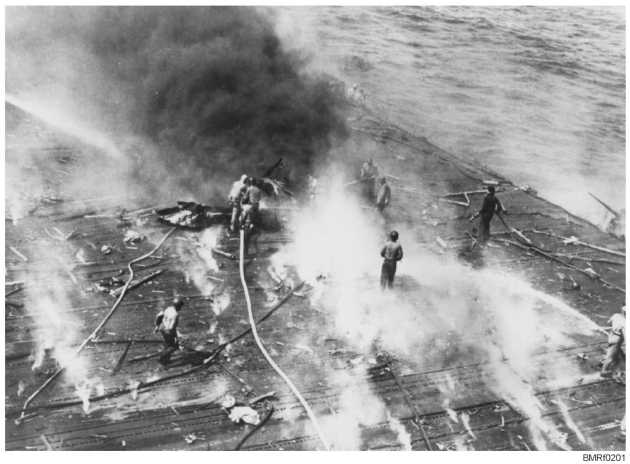Each individual understands how to fit into the
organization as a whole. The members understand one
another through the sharing of common knowledge.
They are bound together by a unity of will and interest
expressed by their willingness to follow and obey their
leader. A group so organized is effective, not only for the
specific purpose intended, but also for an emergency.
Thus, a gun crew may be readily converted into a repair
party for carrying out any essential job within its
capabilities; a company of midshipmen may be turned
into a fire-fighting organization. A well-disciplined
naval unit responds automatically to an emergency and
is not subject to panic.
PUNISHMENT
Learning Objective: When you finish this chapter, you
will be able to—
Recall the Navy’s concept of punishment.
Based on the Navy’s concept, punishment is not
personal, vindictive, or inflicted as revenge for
misconduct. The Navy realizes punishment cannot right
the wrong resulting from an act of dereliction (failure).
The value of punishment is the object lesson the
punishment teaches the wrongdoer and others—the
offense must not be repeated. That concept is referred to
as the deterrent theory of punishment.
To accomplish its purpose, punishment must be
consistent and just and must be recognized as such by
the recipients and their shipmates. Punishment should
neither be of such a nature that it lowers self-esteem, nor
should it be so severe that it is out of proportion to the
offense. Recipients of Navy punishment should keep
two facts in mind:
2-5
Student Notes:
Figure 2-1.—The results of discipline are shown in prompt and correct action in an emergency,
and especially in battle efficiency.


